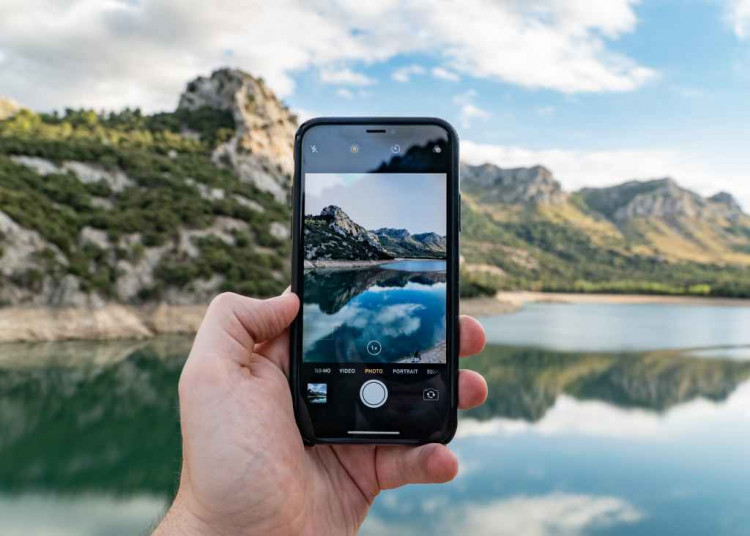Apple's iPhone 12 Pro may be the perfect substitute for a DSLR camera when you are trying to shoot professional-grade photos.
When Apple unveiled its iPhone 12 series last October 13, company officials focused on the huge improvements that the new device brought. This includes the smartphone's new camera hardware and software which can capture moments in detail much like a DSLR camera would. The feature intrigued travel photographer Austin Mann so much that he decided to test the camera of the iPhone 12 Pro whether or not it can really shoot professional-grade photos.
Every year, Austin Mann would share a detailed view of improvements on the camera of the latest iPhone models. This year, the travel photographer went to the Glacier National Park in Montana to put the iPhone 12 Pro cameras to the test and see whether it can shoot professional-grade photos in the same manner that a DSLR camera can. The test also offered an in-depth look at how the new iPhone's LiDAR sensor and triple-lens camera perform in various settings from bright and sunny conditions to dark and snowy environments.
Excited to share my pre-release iPhone 12 Pro Camera Review from Glacier National Park, check it out! https://t.co/wuoU7GsxHl pic.twitter.com/TebWIF95lL — Austin Mann (@austinmann) October 20, 2020
According to Apple officials, the camera upgrades on the iPhone 12 Pro are mainly driven by improvements on its software along with the LiDAR scanner. This combination allows the iPhone 12 Pro camera to capture professional-grade photos similar to those taken using a DSLR camera. In the case of the iPhone 12 Pro Max, it reportedly has bigger wide camera sensors, but it is not yet available for testing as Apple announced its release date as November 13. In his review of the new iPhone 12 Pro camera, Mann wrote that the inclusion of the Night Mode support for the phone's ultra-wide sensor is among the biggest changes implemented by the company this year. This allowed the iPhone 12 Pro to capture professional-grade photos even in low-light conditions, similar to what a DSLR camera can do. "I love shooting super wide with any camera, so when the iPhone 11 Pro introduced the Ultra-Wide lens last year, I was stoked," Mann recalled. However, he said that the photo quality back then was not up to his standards so he just used the feature only in bright conditions. The addition of the Night Mode in the new iPhone 12 Pro made all the difference.
https://t.co/6kcTPWS94S pic.twitter.com/Do2n937rW5 — Matthew Panzarino (@panzer) October 20, 2020
Mann also praised the locked exposure adjustment on the iPhone 12 Pro as this prevents the camera from going back to auto mode each time he captures a photo. As for the LiDAR scanner, Mann revealed he used the Portrait feature with Night Mode on the iPhone 12 Pro to capture scenes in medium- to low-light conditions. The result is professional-grade photos similar taken with a DSLR camera. Mann said that the LiDAR sensor helped lock in on the subject. On the overall, Mann said that the iPhone 12 Pro has a great camera with professional-grade capabilities that can match those of a DSLR camera, brought mainly by a horde of new digital tech that Apple crammed into the new iPhone.






